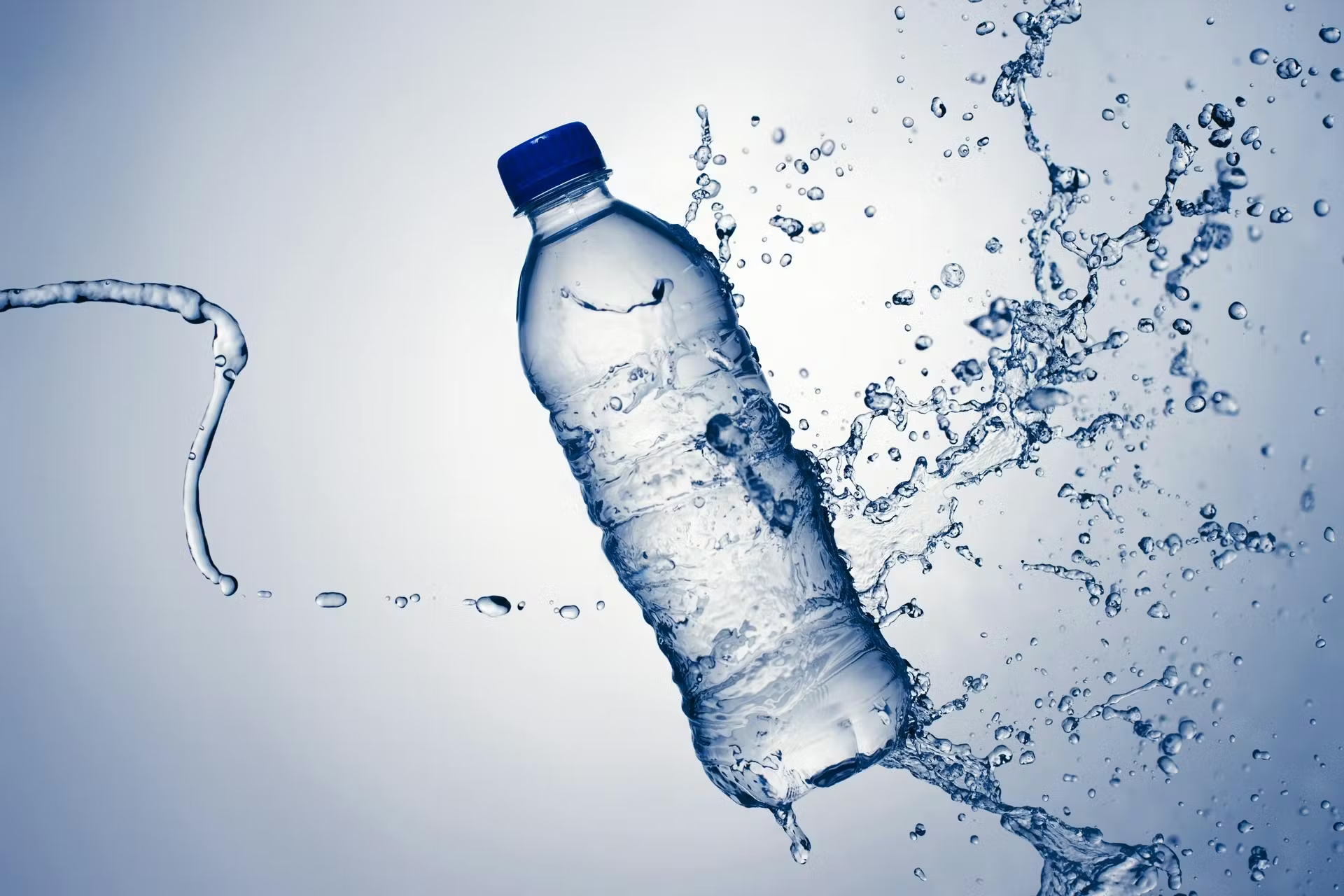
Water is life—literally. It makes up about 60% of our body and is involved in every vital bodily function. Yet, many of us underestimate the power of drinking enough water daily. From glowing skin to better brain function, the benefits of hydration go far beyond just quenching your thirst.
In this blog, we’ll cover everything you need to know about drinking water—why it’s important, how much you should drink, its benefits, signs of dehydration, and more.
🚰 Why Drinking Water Is Important
Water plays a critical role in:
- Regulating body temperature
- Transporting nutrients and oxygen
- Flushing out toxins
- Aiding digestion and metabolism
- Keeping joints lubricated
- Maintaining healthy skin and hair
Every cell, tissue, and organ in your body needs water to function properly.
💡 Top 10 Health Benefits of Drinking Water

1. Boosts Energy and Brain Function
Even mild dehydration can impact your concentration, alertness, and short-term memory.
2. Aids Digestion and Prevents Constipation
Water helps break down food and move waste through your intestines.
3. Promotes Weight Loss
Drinking water before meals can suppress appetite and slightly boost metabolism.
4. Flushes Out Toxins
Water supports kidney function and helps eliminate waste through urine and sweat.
5. Improves Skin Health
Proper hydration keeps your skin moisturized, reduces wrinkles, and gives it a natural glow.
6. Prevents Headaches
Dehydration is a common trigger for headaches and migraines.
7. Maintains Heart Health
Adequate hydration helps maintain blood pressure and reduces the risk of heart disease.
8. Regulates Body Temperature
Sweating helps cool the body, and water ensures this process works efficiently.
9. Enhances Physical Performance
Staying hydrated improves endurance, strength, and performance during exercise.
10. Boosts Immune System
Water helps in producing lymph, which carries white blood cells and other immune system cells.
🧪 Signs You’re Not Drinking Enough Water
- Dry mouth or bad breath
- Fatigue and low energy
- Dark yellow or smelly urine
- Headaches or dizziness
- Dry skin or premature aging
- Muscle cramps
- Constipation
🧂 Can You Drink Too Much Water?
Yes. Overhydration or water intoxication can dilute sodium levels and lead to a condition called hyponatremia, which can be dangerous. Stick to recommended daily intake unless advised otherwise by a healthcare professional.
📊 How Much Water Should You Drink Daily?
The general guideline is:
- Men: About 3.7 liters (13 cups) per day
- Women: About 2.7 liters (9 cups) per day
But this depends on your age, activity level, climate, and overall health.
💡 Pro Tip: A simple way to monitor hydration is to check your urine color—pale yellow means you’re well-hydrated.
⏰ Best Times to Drink Water
- After waking up – Kickstart your metabolism
- Before meals – Aid digestion and prevent overeating
- Before and after workouts – Rehydrate and improve performance
- Before bed – Prevent dehydration overnight (but not too much)
- When feeling tired – Boost energy and brain function
🥤 Myths vs. Facts
| Myth | Fact |
|---|---|
| Drink 8 glasses every day | Needs vary based on body, weather, activity |
| Coffee and tea dehydrate | They still count toward hydration (in moderation) |
| Feeling thirsty is enough | Thirst is a late sign of dehydration |
| Bottled water is always better | Tap water is often equally safe and healthier for the planet |
🍋 How to Make Drinking Water More Enjoyable
- Add natural flavor: lemon, cucumber, mint, or berries
- Use a fun or marked water bottle
- Set hydration reminders on your phone
- Use hydration-tracking apps
- Drink herbal teas or infused water
💧 Summary
Drinking enough water each day is the simplest, cheapest, and most powerful habit you can adopt for a healthier life. Whether you’re aiming to lose weight, clear your skin, or boost mental clarity—hydration is key.
So, carry a bottle, set a reminder, and make water your best friend. Your body will thank you for it!





